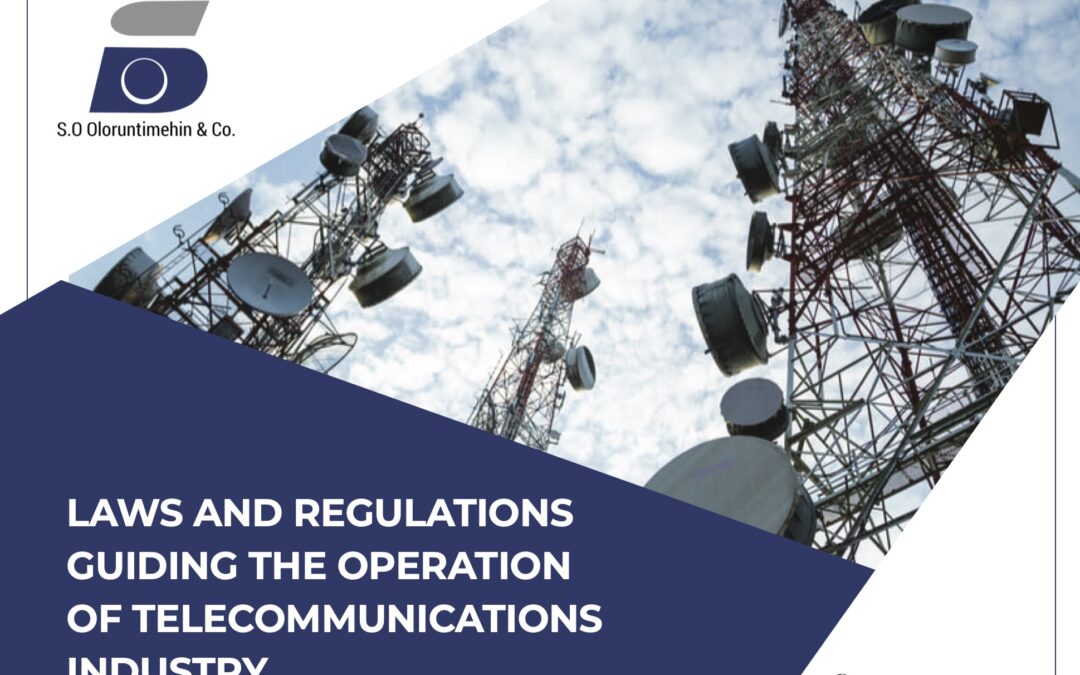In this article, we shall be examining the legislative framework available in the telecommunications industry in Nigeria.
The Nigerian Communications Commission Act No. 19 of July, 2003 (2003 Act) is the primary legislation regulating the telecommunications industry in Nigeria. The Act repealed the Nigerian Communications Commission Act No. 75, 1992; the Nigerian Communications Commissions (Amendment) Act No. 30, 1998 and the Nigerian Telecommunications and Postal Offences Act No. 21 of 1995 as amended.
As at 1992, Wireless Telegraphy Act 1990 was the principal legislation for the operation of telecommunications services in Nigeria which was then only available from the monopoly operator, NITEL. However, the 2003 Act created competition in the telecommunications industry nationwide and mandated changes on the rights and responsibilities in all aspects of the industry, from licensing, spectrum, interconnection, assignment and usage of frequencies, to tariffs, access to facilities and consumer issues. The government bodies recognised by the 2003 Act are the Ministry of Information & Communications and the National Frequency Management Council charged with the management of frequency spectrum allocation.


Recent Comments